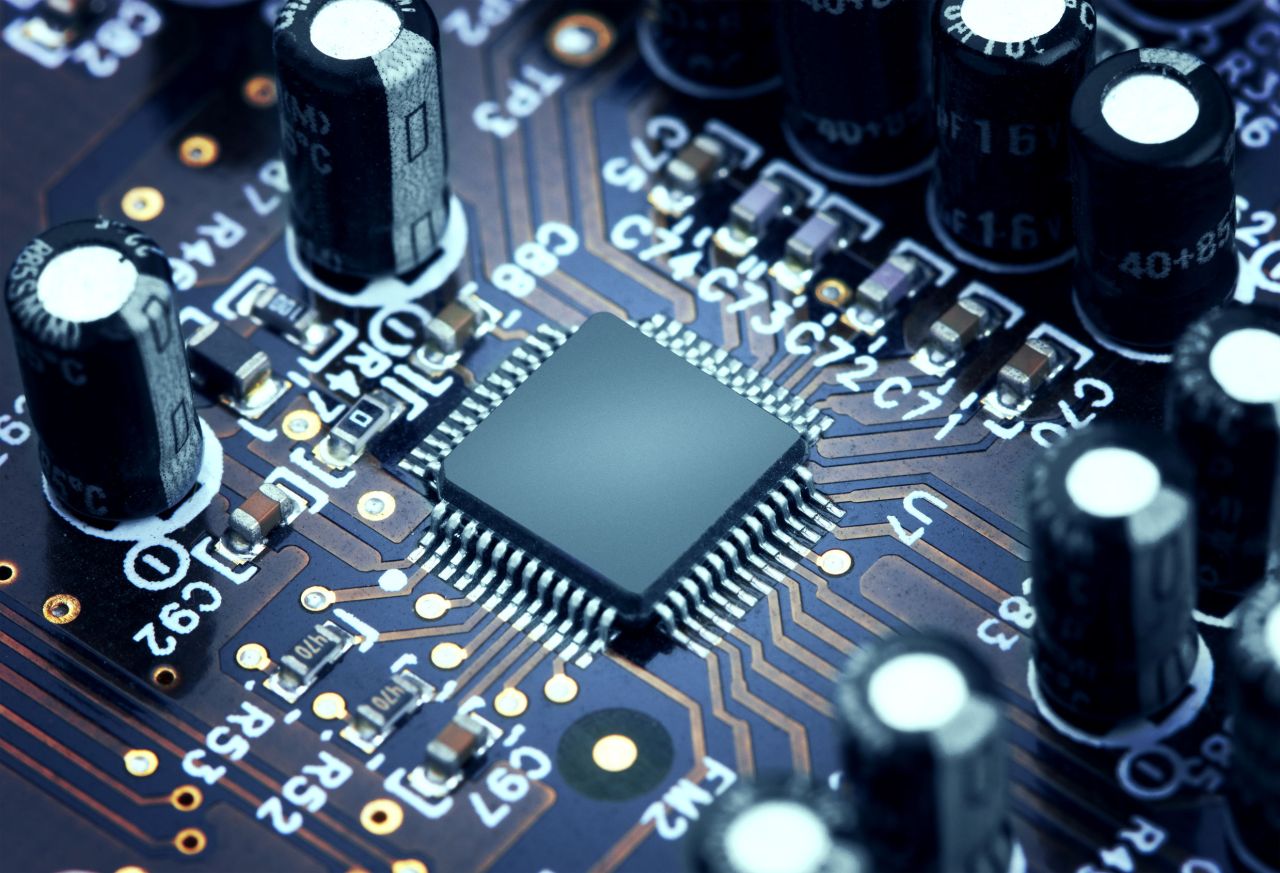With a growing sense of crisis amid an unfolding global power struggle involving chips, South Korea is moving to legislate its first special bill on the local semiconductor industry.
If enacted, it would mark the first time that the country, home to world’s No. 1 and 2 memory chip producers Samsung Electronics and SK hynix, acts to provide practical support and benefits, including tax credits, to chipmakers and the local chip ecosystem.
It would also be a signal that Korea won’t sit back as the world’s major economies -- namely, the US and China -- seek to realign global supply chains of key materials to their benefit.
“The semiconductor sector is our nation’s core national strategic industry, which our economy’s present and future depend on. We must continue to lead the global semiconductor supply chain,” President Moon Jae-in said in a meeting Thursday with representatives of major industries, including semiconductors. Chips account for one-fifth of South Korea’s total exports.
To achieve that, the government is eyeing a Korean equivalent of “the Chips for America Act,” introduced in June 2020 by Washington with an investment tax credit of 40 percent for semiconductor equipment or facility costs.
From the way things look now, policymakers are bent on giving a significant hike in tax credits given to chip-related investments.
Currently, Korea gives tax credits to general R&D or R&D in select areas identified as new growth and core technologies. For large corporations, the general R&D tax credit is 0 to 2 percent, while the rate for new growth and core technology R&D is 20 to 30 percent. Under the rules, Samsung and SK hynix are eligible for just 0-2 percent tax benefits on their investments in memory chip designs and manufacturing technologies.
On Friday, Hong Nam-ki, deputy prime minister for economy, said the government would change that rule to make chip-related R&D eligible for the higher 20-30 percent tax breaks. The tax credit rate will be higher for smaller firms at 40 percent.
Aside from the tax credits, officials are looking to include, in the envisioned bill, an exemption of corporate taxes for chip industry players and measures to address a chronic skills shortage.
Calls for governmental support in a particular industry have rarely been accepted in recent years in South Korea. Its economic policies, at least on the surface, have been shaped toward a market-oriented economy and liberal trade, counter to decades of government-led industrial development.
To the local chip industry’s complaints, officials at the Ministry of Trade, Industry and Energy earlier said that enacting a special chip act, like Washington did, would contradict with the existing Industrial Development Act, adding that there is no precedent of such a law favoring a particular industry.
However, a consensus appears to have formed on the need for it, as global economies struggle to gain controlling power for chip supplies that affect almost every industry as things go electrified and digital.
It seems inevitable for the Korean government to rethink its policies for industrial development amid the global trends of pouring out taxpayers’ money to support their key industries in the big wave of protectionism, experts and industry officials said.
After passing the Chips for America Act, the US is working on another legislation aimed at nurturing the local foundries segment, where chips are made to meet the specific design requirements of a client.
“Up until now, the Korean government’s policies focused more on small chip-related firms rather than on large chipmakers like Samsung and SK hynix,” Lee Chang-han, vice chairman of Korea Semiconductor Industry Association, told The Korea Herald.
The latest power struggle over chip supplies could serve as an opportunity for Korea to reconsider its approach to the semiconductor industry, he added. Korea does need plans at a national level to actively protect the country’s own industries, he stressed.
“The government should find concrete measures to strengthen the industry’s ecosystem this time by formulating effective policies that benefit various segments of the industry, ranging from materials, equipment to chip design,” he said.
As an organization that represents the interest of the chip industry, KSIA has proposed an up to 50 percent tax credit for R&D investments and manufacturing facilities to the government. The association also called for swift government support for administrative approvals, supplies of power and water and operating industrial wastes.
It also highlighted an urgent need for addressing the sector’s labor shortage across the country. Universities in the Seoul metropolitan area have been asked to establish departments of semiconductors to increase the number of potential workers for the industry. The association says the current workforce reaches only a fifth of what it actually needs.
“Among others, workforce supply is a problem than can definitely be addressed by the government,” the official stressed.
Small Korean fabless firms have suffered from the manpower shortage for a long time, industry officials say.
By Song Su-hyun (
song@heraldcorp.com)








![[Today’s K-pop] Blackpink’s Jennie, Lisa invited to Coachella as solo acts](http://res.heraldm.com/phpwas/restmb_idxmake.php?idx=644&simg=/content/image/2024/11/21/20241121050099_0.jpg)